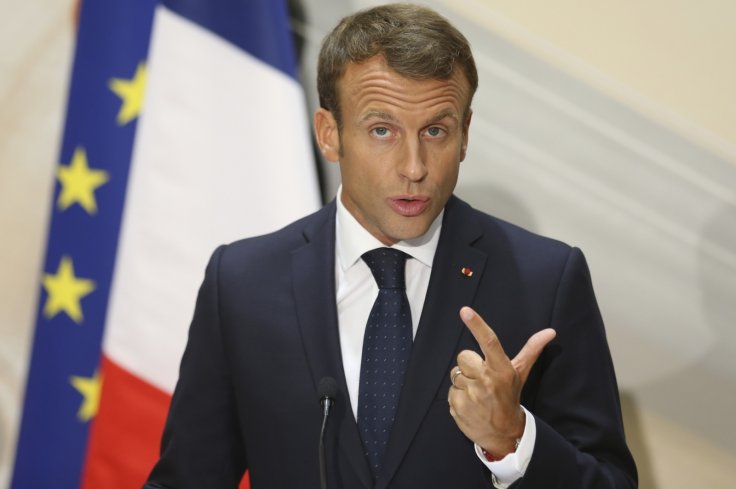Emmanuel Macron, France's President, visited Lebanon on Monday for a second time in less than a month following the massive blasts that rocked the port of Beirut on August 4. Upon his arrival, Macron said that his visit was to follow up on the distribution of humanitarian aid and the country's political situation.
He was also in the country to participate in the celebration of the centenary of Greater Lebanon. Macron said, "Only then, the international community will be willing to support Lebanon," according to Xinhua news agency.
Promises Another Visit to Lebanon

He urged Lebanon to fight corruption, reform the electricity sector and deal with the problems in the banking sector, promising a third visit to ensure that the new cabinet is capable of enforcing such reforms. On Tuesday, Macron is expected to meet officials and representatives of civil society and non-governmental organizations.
The French leader last visited Lebanon two days after the blasts, which were caused by the detonation of 2,750 tonnes of ammonium nitrate stored unsafely at the port for years, that claimed the lives of at least 190 people and injured about 6,500 others, while three persons remain unaccounted for.
Lebanon's New Prime Minister
Macron arrived in the country just hours after the country's envoy to Germany Mustapha Adib was named as the new Prime Minister following the resignation of the previous cabinet led by Hassan Diab amid mounting pressure over the explosions.
On August 11, Diab, who was appointed Prime Minister in January after months of deadlock, announced his cabinet's resignation after many people accused the country's leaders of culpability through their alleged negligence and corruption.
(With inputs from agencies)









